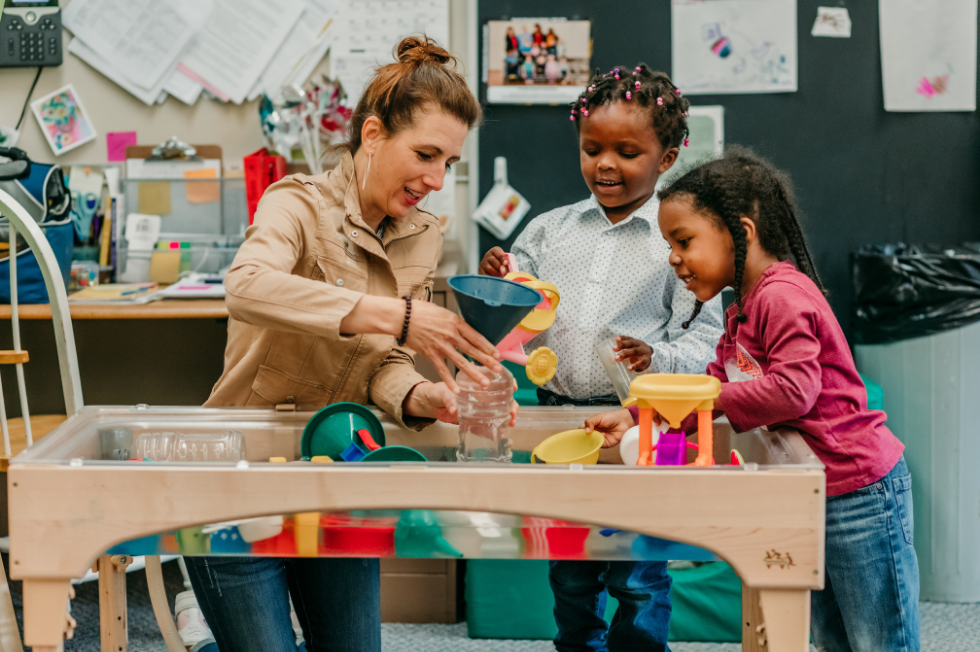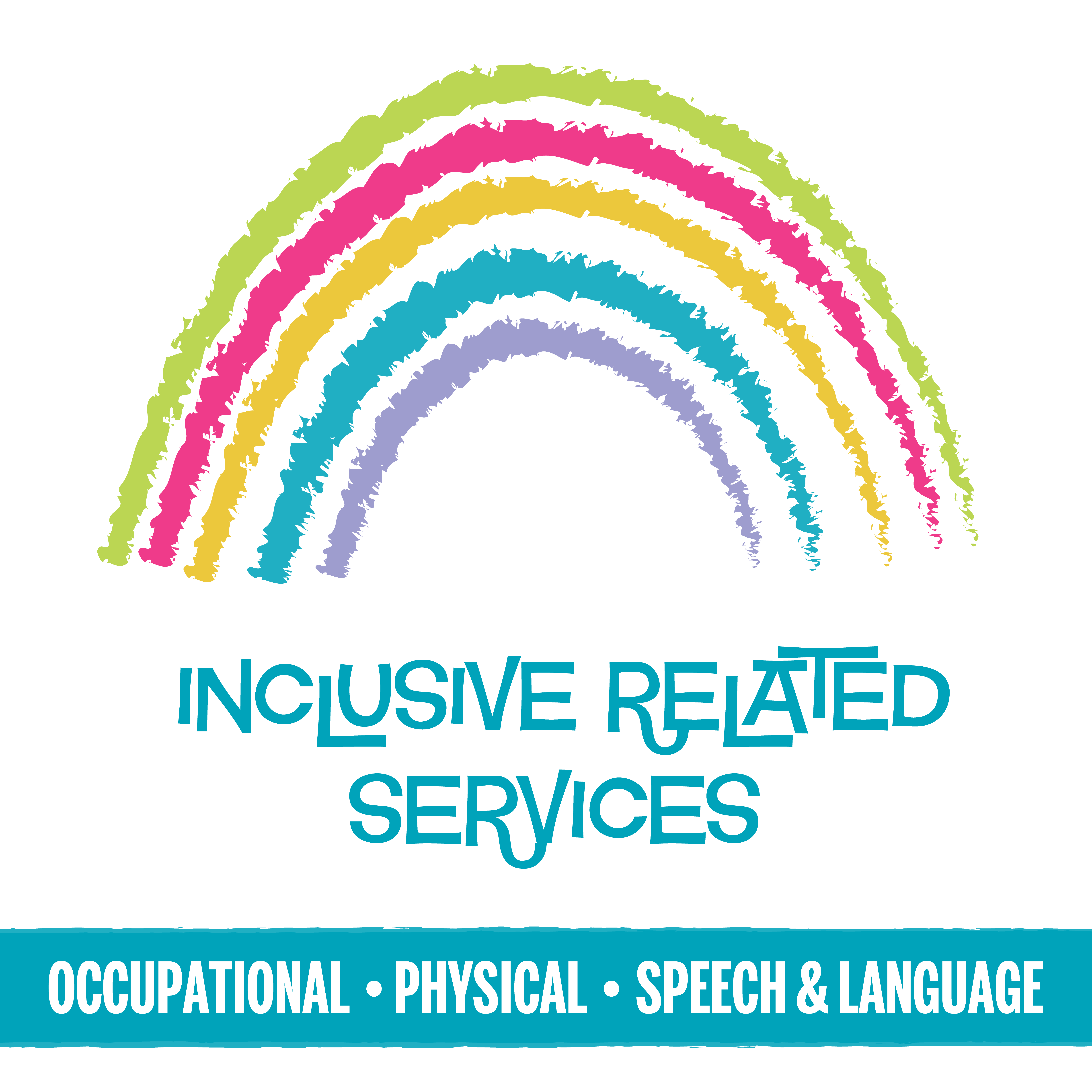Here are three tips for inclusive related service providers who want to get out of the therapy room and into the general education setting! We don't need to remove and remediate because we can co-serve and collaborate. Isn't that wonderful!?
1. GET CREATIVE WITH SCHEDULING
Planning for inclusive related services may seem logistically challenging with high case loads and multiple classrooms to visit, but creative and strategic scheduling is a related service providers best friend! To begin, we recommend writing the frequency of related services into a student IEP using minutes per month (or even semester) rather than by the week. Then, we suggest writing indirect or consultative time in the IEP in addition to direct time. Finally, work with your administrators to strategically assign your caseload so that your students are in the same building and general education classes. This way, you can recommend group rather than individual sessions to maximize your inclusive support in a classroom.
Using these strategic scheduling tips will allow much greater flexibility to support your students inclusively. No longer will you need to worry about whether the class activity aligns with the goals and skills you need to work on with that student. For example, if you've scheduled the frequency of your services flexibly, grouped your caseload strategically by classroom/building, and are using your consult time effectively, you can more seamlessly plan with the educators to support students during class demands/activities that will match up with their goals and support needs. And you will have time to debrief with your inclusive team to make sure the supports you provided are continued even when you're not there!
2. BE ANOTHER EDUCATOR IN THE ROOM
Getting to work in general education classrooms is perhaps one of the most fun aspects of inclusive service provision! But this means you'll need to start thinking of yourself as a co-teacher. Your incredible knowledge and skills are now going to benefit all students and all educators. Co-teaching for related service providers should feel flexible and attuned to the needs of your students— you might instruct an entire lesson one day, lead small groups another, and float around supporting all students yet another, and you'll be able to assess the progress and skills of your caseload students. This means co-teaching for you might be highly collaborative one week (e.g. co-planning with educators to lead a small group connected to the lesson) and less so the following (e.g. you are preparing and leading the whole class in a lesson about executive functioning skills or preparing material adaptations for specific students in advance of a vocabulary lesson). But whether you are in class for 5 minutes or an entire class period, co-teaching will be an incredibly powerful type of service delivery for all students! And, a great way to build meaningful relationships with your inclusive team members.
3. SHARE YOUR KNOWLEDGE
As an inclusive related service provider you are not only providing students with inclusive service delivery— you are now also working as collaborator, coach, problem-solver, and adaptations and support extraordinaire! For example, when you provide students with support, you can simultaneously teach educators and paraprofessionals how to provide that support when you aren't there. You can show up to consult time with educators to problem-solve ways to increase access to content, environment or peers for a student. Or, you can bring new tech tools or create material adaptations to elevate the universal design of a lesson for your students and for all other students too. You might even lead tiny training sessions for educators during team, department, or faculty meetings or share handy handouts and resources that they can put to use right away in their classrooms. And of course, as you share your knowledge, you will also learn from your colleagues and you will learn and grow as a team over time. Summed up, inclusive related service providers are often trusted colleagues and inclusive champions that help to elevate all classroom learning… so here's to you!
Get all 10 tips in our downloadable handout below.
View Recording from Live Broadcast
Need more PD Like this in your school?
Check out our on-demand offerings! PD just for SLPs, OTs, and PTs. Learn more here.
Related Service providers need PD across the following topics..and our on-demand offering gives you a jump start to addressing these needs.
|
RETURN TO TOP ^


